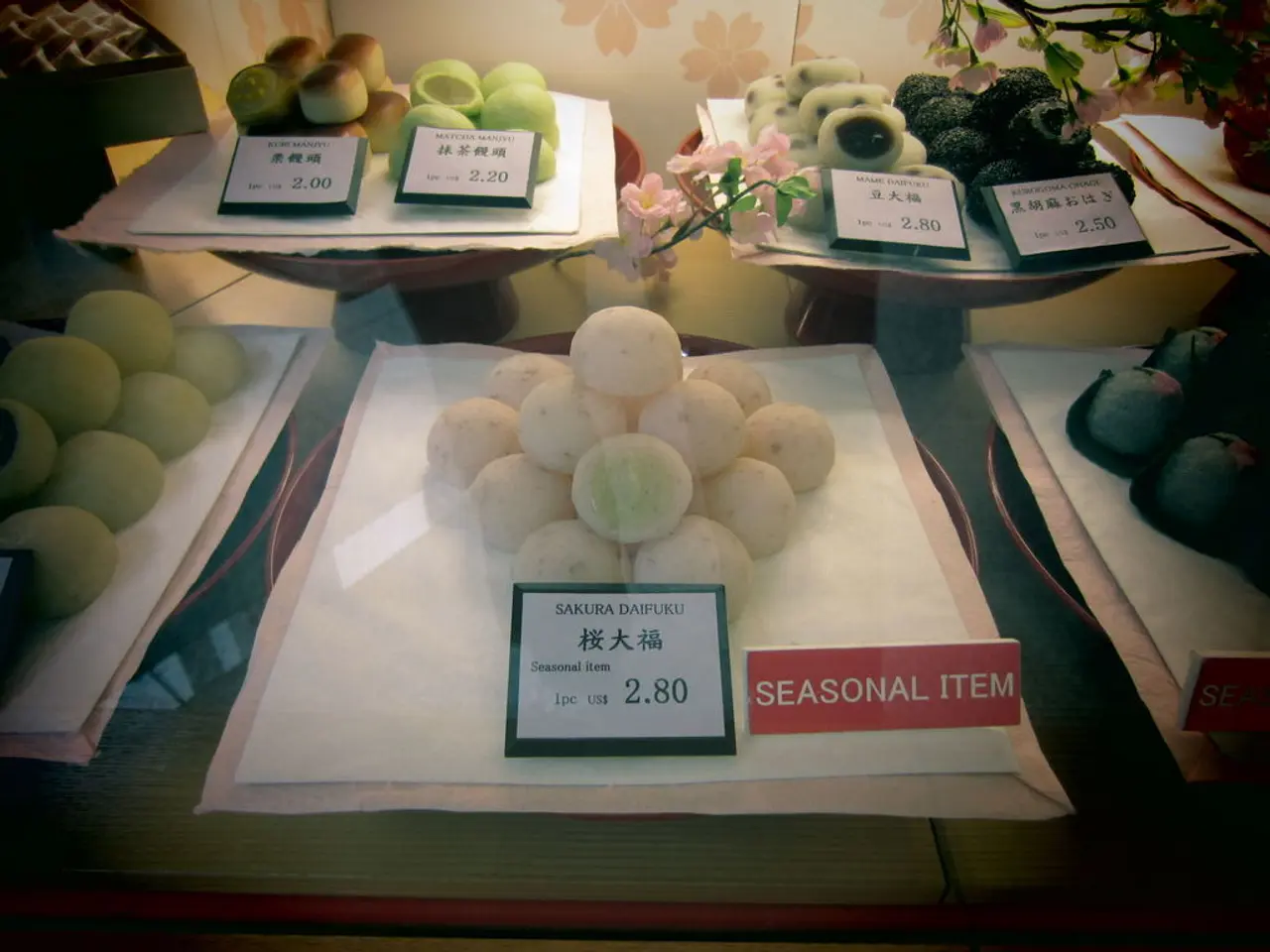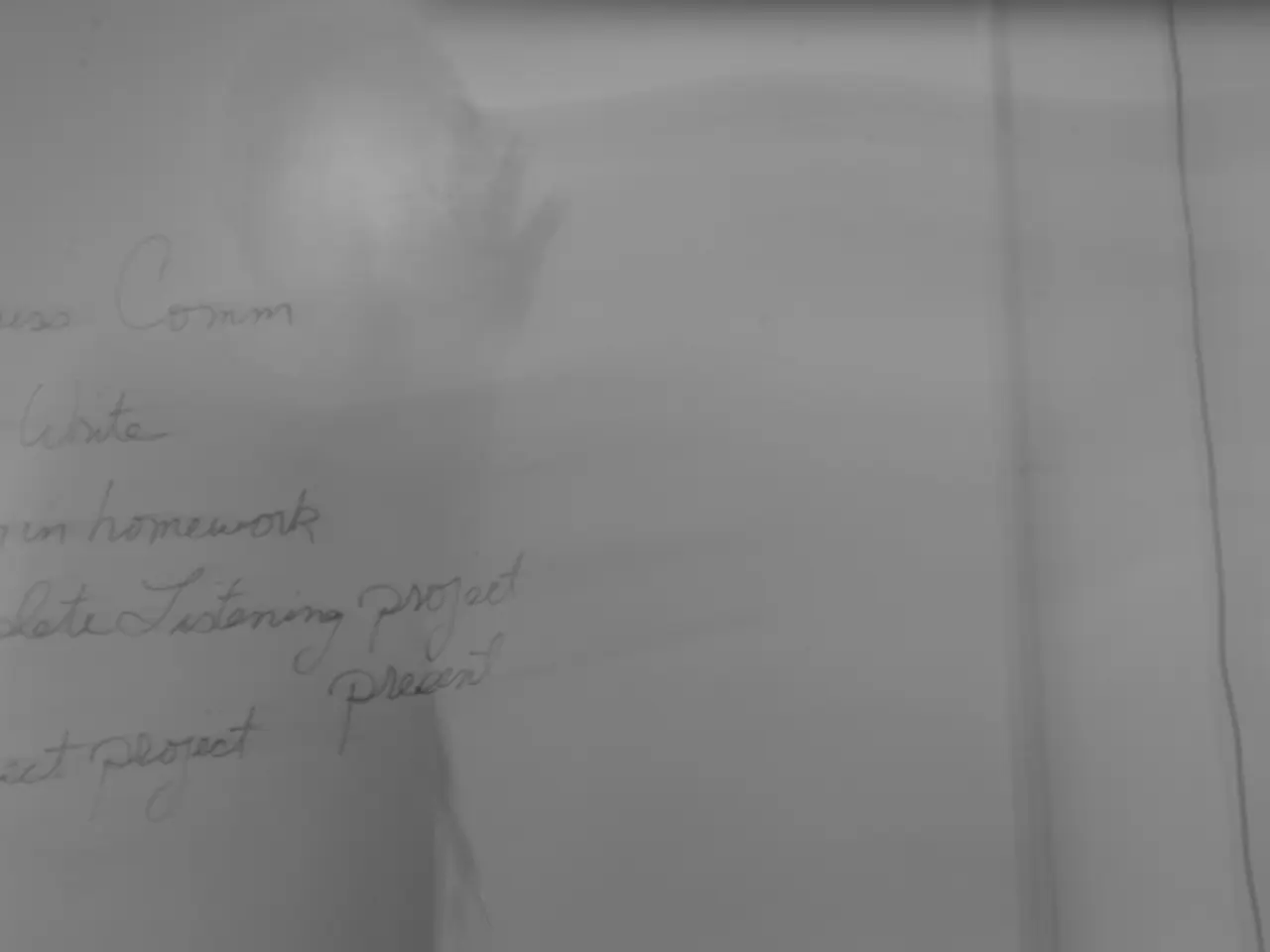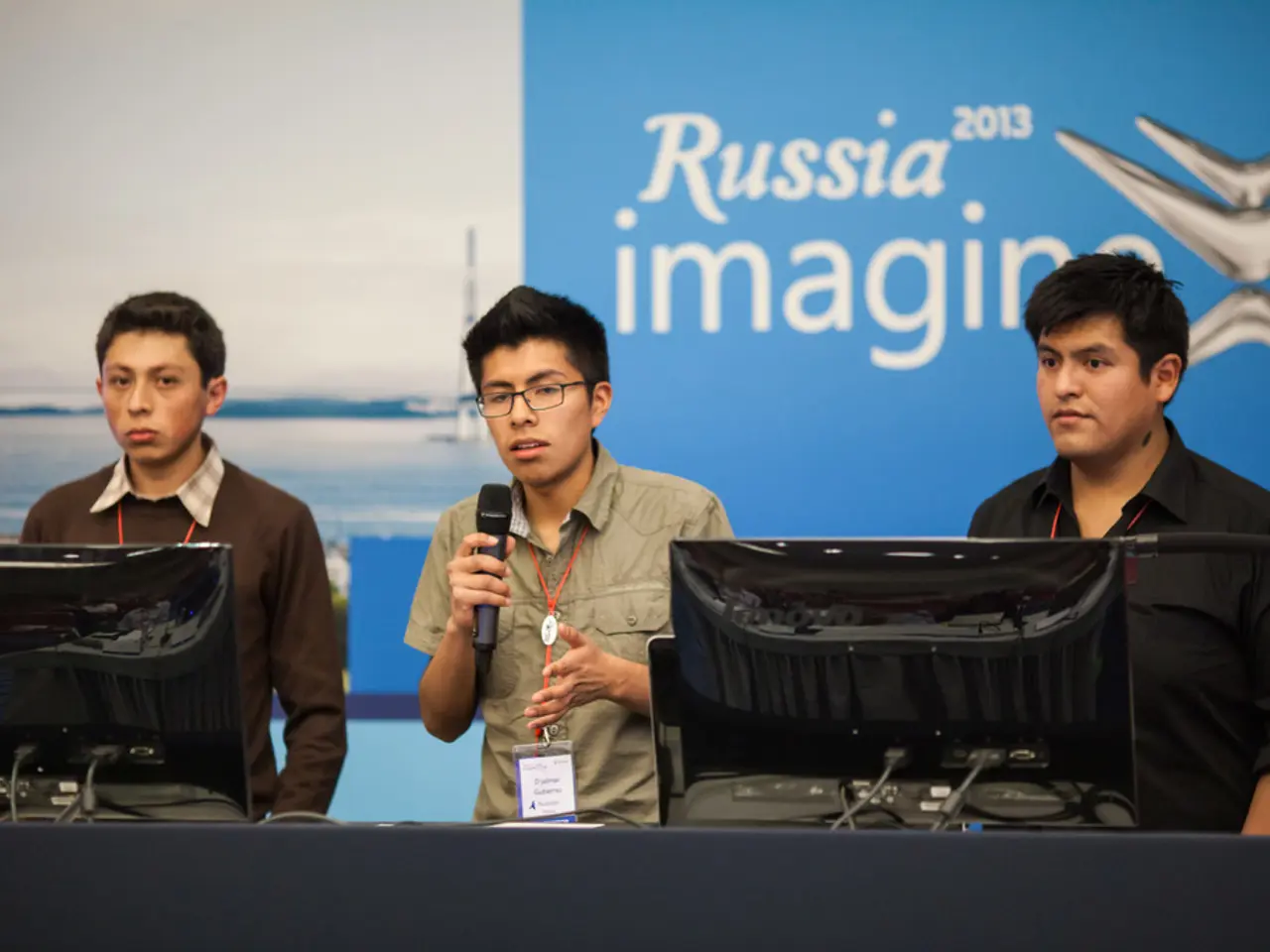Import Duties Nearing Finalization
In a move that escalates trade tensions, President Donald Trump has signed a decree imposing 50% tariffs on all Brazilian imports, effective August 1, 2025. The tariffs, largely political and geopolitical in nature, are a response to perceived unfair trade practices, attacks on free elections, and free speech rights, as well as the treatment of former Brazilian President Jair Bolsonaro (Sources: [1], [2], [3], [4]).
Key Reasons Behind the Tariffs
- Political Retaliation over Bolsonaro’s Treatment: Trump has criticised Brazil's prosecution of Bolsonaro, who is on trial for allegedly attempting a coup, calling it a "witch hunt" and an international disgrace. The tariffs are a response to what Trump views as Brazil’s unjust persecution of his political ally (Sources: [1], [4]).
- Concerns about Attacks on Free Speech and Elections: Trump's letter accused Brazil of engaging in "insidious attacks" against free elections and American free speech, likely a reference to Brazil’s regulation of social media and possible restrictions affecting U.S. technology companies (Sources: [1], [2], [3]).
- Trade Relationship Described as Unfair: Although the U.S. runs a significant trade surplus with Brazil, Trump framed the trade relationship as “far from reciprocal,” using this as additional justification for the tariffs (Source: [2]).
- Escalation of Trade Measures: This 50% tariff is a sharp escalation from an earlier 10% tariff announced on April 2, 2025 ("Liberation Day"), signifying an intensified trade conflict driven more by political grievances than standard trade disputes (Sources: [1], [2], [4]).
Geopolitical Context
The tariffs have sparked tensions between the two countries, with Brazil's President Luiz Inácio Lula da Silva condemning the tariffs as interference in Brazil’s judicial system and warning of reciprocal measures under Brazil’s Economic Reciprocity Law (Sources: [3], [4]).
The tariffs for several dozen countries range from 10% to 41%, with products from the European Union, Japan, and South Korea taxed at 15%, while those from the UK will be taxed at 10%. Indonesia will face a 19% tariff, and Vietnam and Taiwan will face surtaxes of 20%. The tariffs for the European Union and Japan are "more or less set," but no specific date for negotiations with countries without agreements was provided (Sources: [1], [2]).
The new taxes on imports will take effect on August 7 for most countries, allowing customs to organise their collection. The tariffs for South Korea, the UK, Indonesia, and Vietnam were not mentioned in the announcement, and it is unclear whether they will be subject to negotiations in the near future (Sources: [1], [2]).
Sources:
[1] The Washington Post (2025). Trump imposes 50% tariffs on Brazilian imports. Retrieved from https://www.washingtonpost.com/business/2025/06/01/trump-imposes-50-tariffs-brazilian-imports/
[2] The New York Times (2025). Trump's tariffs on Brazil: A political maneuver or a trade dispute? Retrieved from https://www.nytimes.com/2025/06/02/business/trump-tariffs-brazil.html
[3] BBC News (2025). Brazil condemns Trump's trade tariffs as interference. Retrieved from https://www.bbc.co.uk/news/world-latin-america-59479856
[4] Reuters (2025). Brazil's Lula warns of reciprocal measures over Trump tariffs. Retrieved from https://www.reuters.com/article/us-brazil-usa-tariffs/brazils-lula-warns-of-reciprocal-measures-over-trump-tariffs-idUSKBN25C20G
- The 50% tariffs on Brazilian imports by President Trump are largely due to political retaliation over the treatment of former Brazilian President Jair Bolsonaro, as Trump views Brazil's prosecution of Bolsonaro as an unjust "witch hunt" (Sources: [1], [4]).
- The tariffs also represent Trump's concerns about attacks on free speech and elections, as he accuses Brazil of engaging in "insidious attacks" against free elections and American free speech (Sources: [1], [2], [3]).




